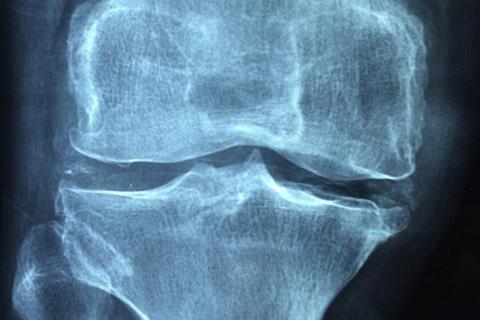Investigators at the Hinda and Arthur Marcus Institute for Aging Research at Hebrew SeniorLife are launching a large clinical food trial to test whether a combination of probiotics and prebiotics will help manage bone health over 18 months in 220 women aged 60 years and above.

Principal investigator Dr. Shivani Sahni, PhD, and her research team also plan to study the underlying mechanisms related to diet, inflammation, and the gut microbiome that lead to age-related bone loss.
READ MORE: Ancient viral elements in RNA kickstart bone repair
READ MORE: Study finds link between gut microbiome and bone density
Study To Attenuate Resorption of Skeleton (STARS) is an 18-month randomized, double-blind, placebo-controlled clinical trial investigating a symbiotic (a combination of probiotic and prebiotic) medical food for the dietary management of metabolic processes associated with age-related bone loss.
No consistent guidelines
“There are currently no consistent guidelines on how middle-aged and older adults can maintain healthy bone mass as they age,” said Dr. Sahni. “Consequently, approximately 10 million Americans aged 50 years and above are living with osteoporosis, culminating in 1.5 million fractures costing $17 billion annually. Hence, there is an unmet need for safe and effective dietary interventions for the metabolic processes underlying bone loss.”
She added, “If successful, this trial could lead to the development of safe, inexpensive health-promoting strategies for the dietary management of the metabolic processes underlying osteopenia and osteoporosis.”
This study is funded by the National Institute on Aging. Collaborating institutions include Beth Israel Deaconess Medical Center (BIDMC), Maine Medical Center, Solarea Bio, and Tufts University.







No comments yet